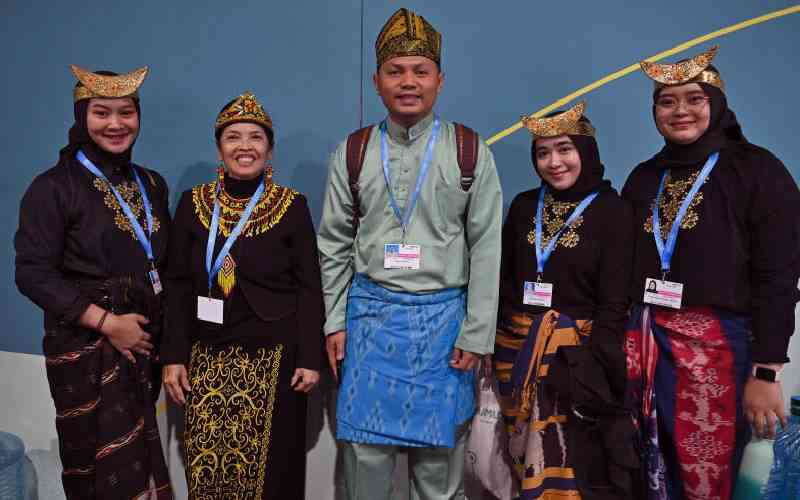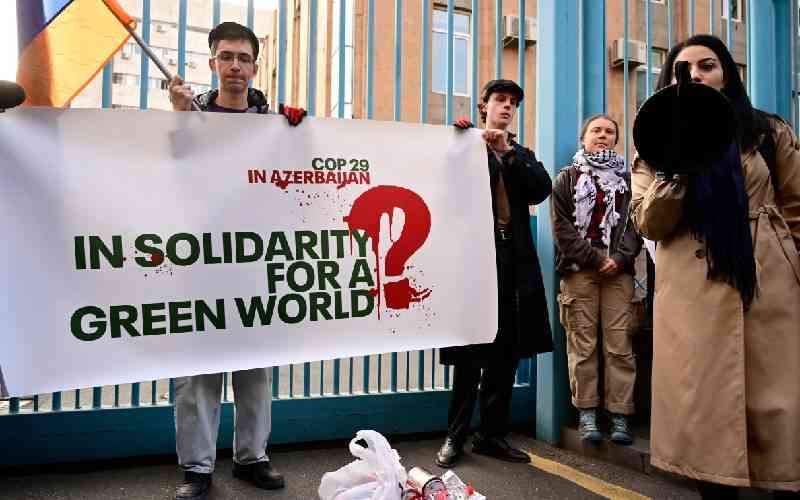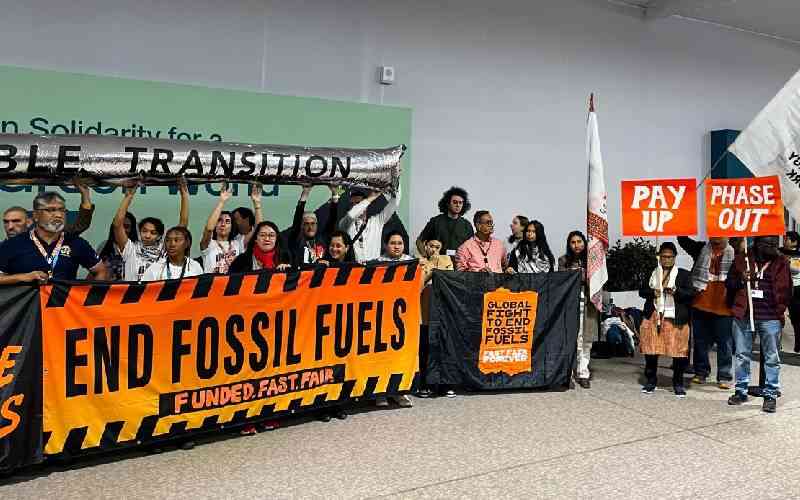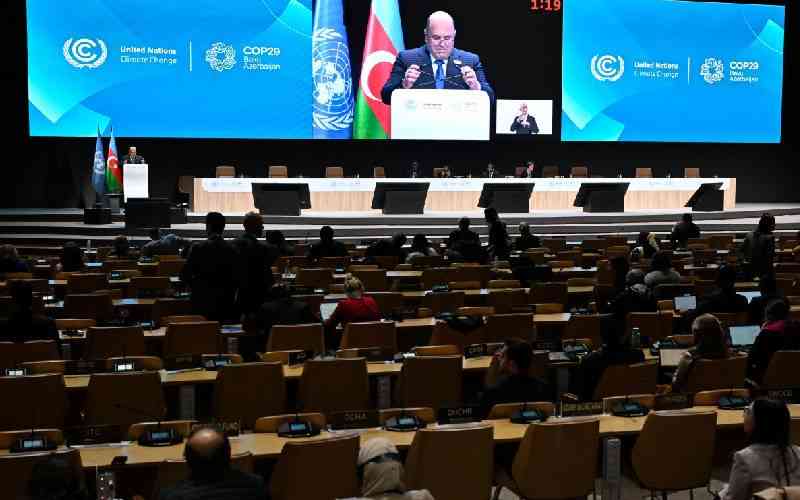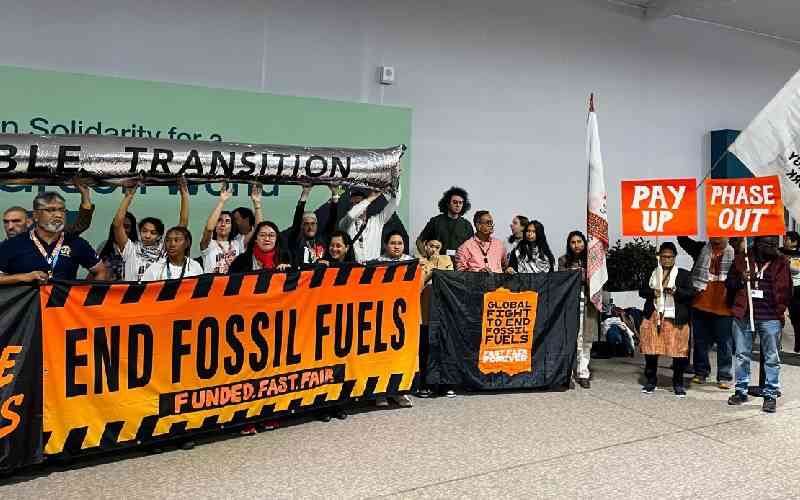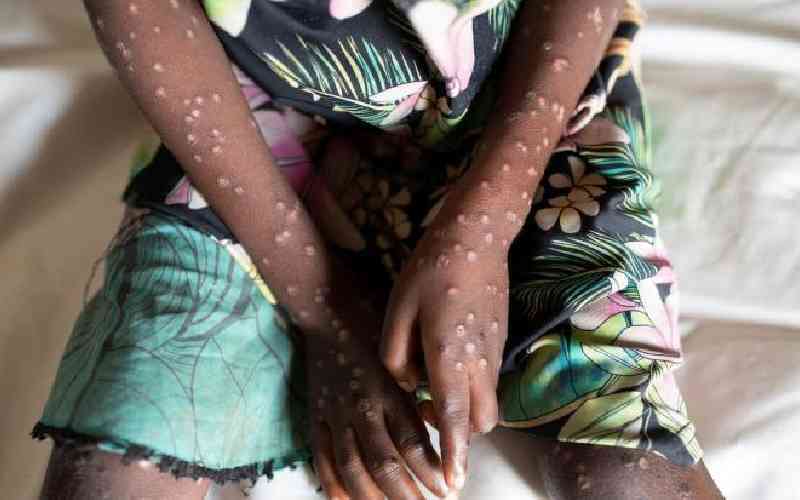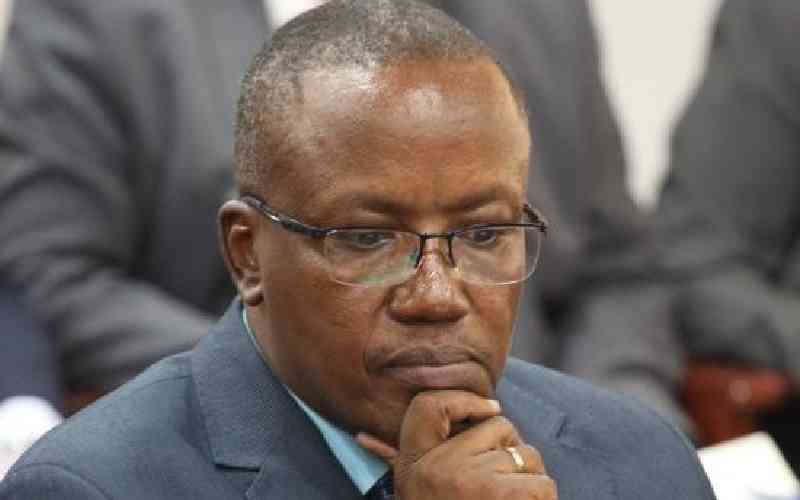
By Lonah Kibet
Kenya: For Truphena Gageni, a positive diagnosis for a long-term incurable illness led to despondency and a sense of hopelessness.
This is not uncommon, research shows. Often times patients associated with diseases like cancer and HIV/Aids tend to withdraw from the society, falling into depression from loneliness. Stigma can destroy the patient before the disease because it affects the person’s self-concept, capacity to adapt to the illness, and the quality of their social networks.
Relatives and friends of those ailing from such diseases sometimes contribute to the early death of these patients. Many relatives neglect them on the grounds that they will soon die anyway, and hold back spending money on their treatment.
Gageni found herself falling victim to depression when she first discovered she had stomach cancer. She says she almost gave up hope and began making arrangements to have her sister take care of her four children once she was gone.
The 50-year-old had heard accounts of the painful deaths those who are diagnosed with cancer eventually succumb to.
Operation
“I called my sister and told her to take care of my children when I am gone. I knew that cancer kills and did not believe that an operation and treatment thereafter would do much,” she says.
As Gageni recounts the difficulties she has faced in raising funds and summoning the strength to live for four years, her admirable fortitude emerges.
We first meet her as she shares her life experience with members of a group at Nairobi Hospice—a home that provides care for the sick and terminally ill.
She tells her story with such grace and humour that those listening find themselves beginning to relax.
After a group sharing session, she readies herself for an interview with The Standard.
Attention
Gageni began to experience severe stomach pains in 2007 and so she sought medical attention at a nearby clinic in Kibera. Even though the basis of diagnosis was unclear to her, she was treated for Typhoid and ulcers.
“The pain did not ease off, however. After two years I could not persevere anymore,” she says.
In 2009, Gageni sought help at a public hospital where she was first treated for Typhoid. But because there was no change in her condition, doctors recommended an MRI scan on her third visit.
Living in one of Nairobi’s teeming informal settlements and relying on odd jobs to feed her family, Gageni could not raise the money required for an MRI scan and subsequent operation.
This was perilous given that her health was deteriorating very fast and there seemed to be no way out for her. Not long after, a women she often spoke to in church noticed that Gageni was not her usual cheerful self. Her subdued, distant look and constant tears had raised the alarm and it was not long before Gageni explained her predicament. The Good Samaritan immediately offered to pay the required first instalment of Sh9,000 for the procedure.
“She encouraged me to complete my treatment and return home and take care of my children. By this time I was too weak, I was sure I was going to die,” said Gageni.
The Good Samaritan and other friends and family members chipped in with what little they could spare to raise money for her operation.
Fortunes
Gageni says that even after the MRI scans, her ailment had not been diagnosed.
After the operation she remained in hospital for another week and only learnt she had cancer when she was asked to make a booking for a chemotherapy session.
She was devastated by the doctor’s diagnosis that she had cancer and this led to her first nervous breakdown.
“All I could think of was who was going to take care of my children once I am gone. The depression made me very weak to a point where I thought I was really dying,” she says.
However, the mother of four pulled herself together for the sake of her children and husband, and it was not long before her fortunes began to change. Friends and relatives took over the payment of her chemotherapy treatment and Gageni began to feel better after the sixth session. But her resolve was tested again when xhe was informed the cancer had not been eliminated— she was asked to undergo more chemotherapy sessions but had to skips these sessions because funds had run out.
In 2010 Gageni was informed about the Nairobi Hospice, a facility that offers palliative care to patients like her. She began to attend talk sessions there and has drawn strength from other patients like her as they do from her.
“Most group members find great relief when I talk to them,” says Gageni.
One such patient is Mary Nailima, 55. Nailima is grateful for the group’s support as she and her sister try to raise Sh40,000 for the next round of chemotherapy treatment. Her sister washes clothes to help her raise funds, but Nailima is too weak to work.
Nairobi Hospice CEO Dr Brigit Sirengo says they host 1,500 patients in Nairobi of whom at least 150 need constant care.
The hospice, under the Kenya Hospices and Palliative Care Association, offers physical, social, physiological and spiritual care to patients with long-term illnesses such as advanced cancers, HIV/Aids and other chronic illnesses, often heart and kidney diseases.
“We put more emphasis on care and support to the patients and their families. We have a very active support group which meets every Thursday and this has been very encouraging to our patients,” says Dr Sirengo.
Nevertheless, problems abound— from late referrals of patients to poverty and attendant social problems.
“Most patients come to us when it is almost too late to provide tangible intervention. It is always better for the patients care to be administered at the very first stage of the illness if we are to help them come to terms with the disease,” Dr Sirengo observes.
The difficult part is telling patients that they still have a lot to live for even though they have a terminal disease, she adds.
“At times family members also need counselling to help them understand what is going on with their loved ones,” says Dr Sirengo.
The country has over 40 private and public palliative care delivery points supporting about 5,000 patients. Not many people know about patient care, yet it is this care that keeps them alive long enough, says Dr Sirengo.
Most hospices are located at or near national referral hospitals like Kenyatta National Hospital or Moi Teaching and Referral Hospital.
The government has in the past left the funding of such organisations to NGOs but through the Ministry of Health, part of the 2014-2015 budget will go towards palliative care.
 The Standard Group Plc is a multi-media organization with investments in media platforms spanning newspaper print
operations, television, radio broadcasting, digital and online services. The Standard Group is recognized as a
leading multi-media house in Kenya with a key influence in matters of national and international interest.
The Standard Group Plc is a multi-media organization with investments in media platforms spanning newspaper print
operations, television, radio broadcasting, digital and online services. The Standard Group is recognized as a
leading multi-media house in Kenya with a key influence in matters of national and international interest.

